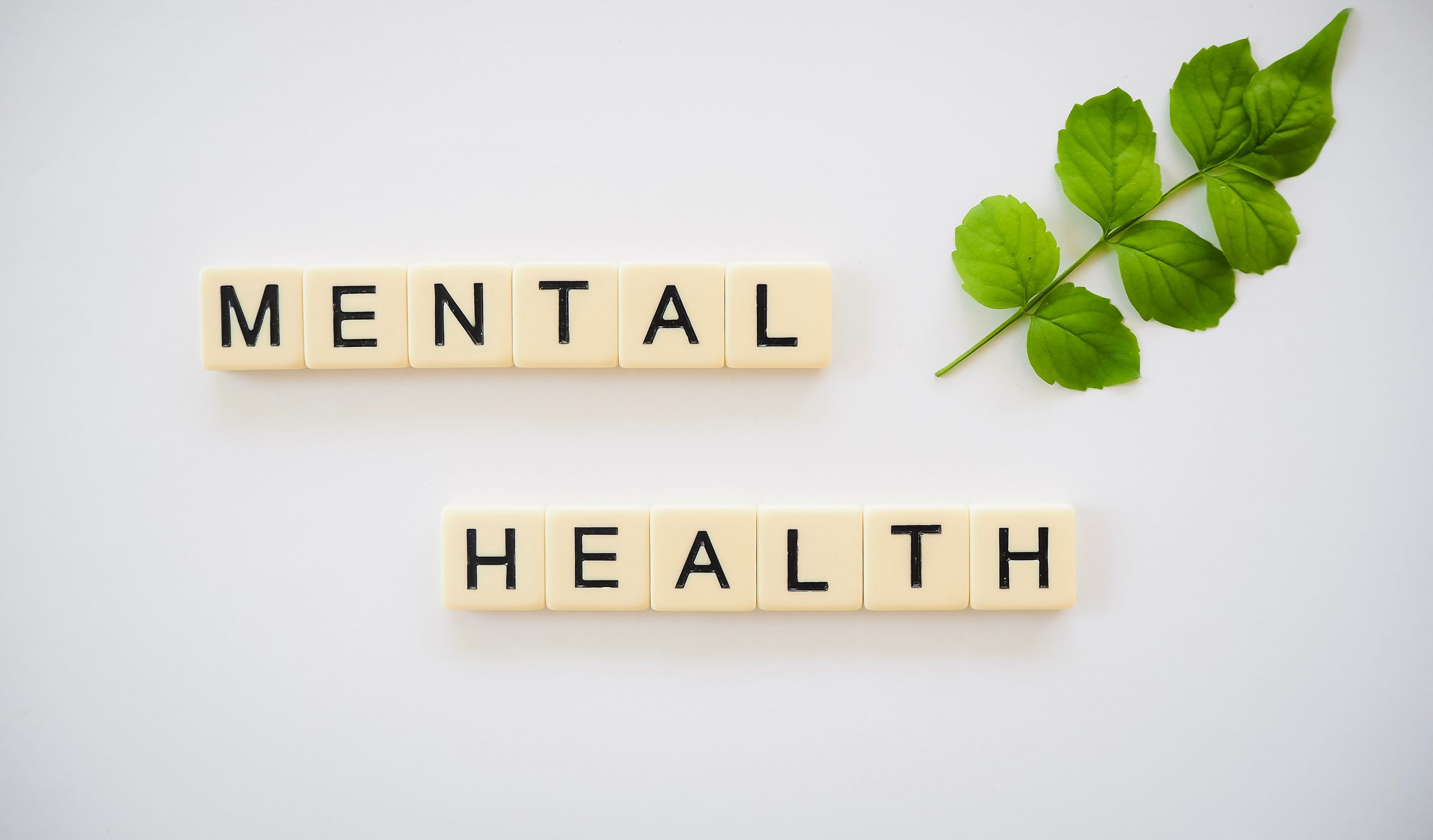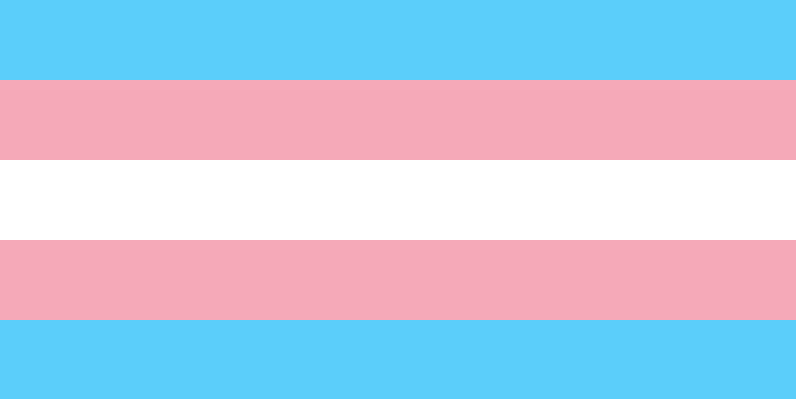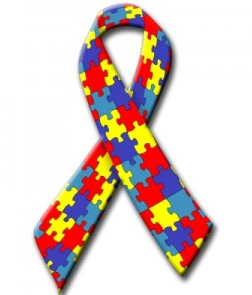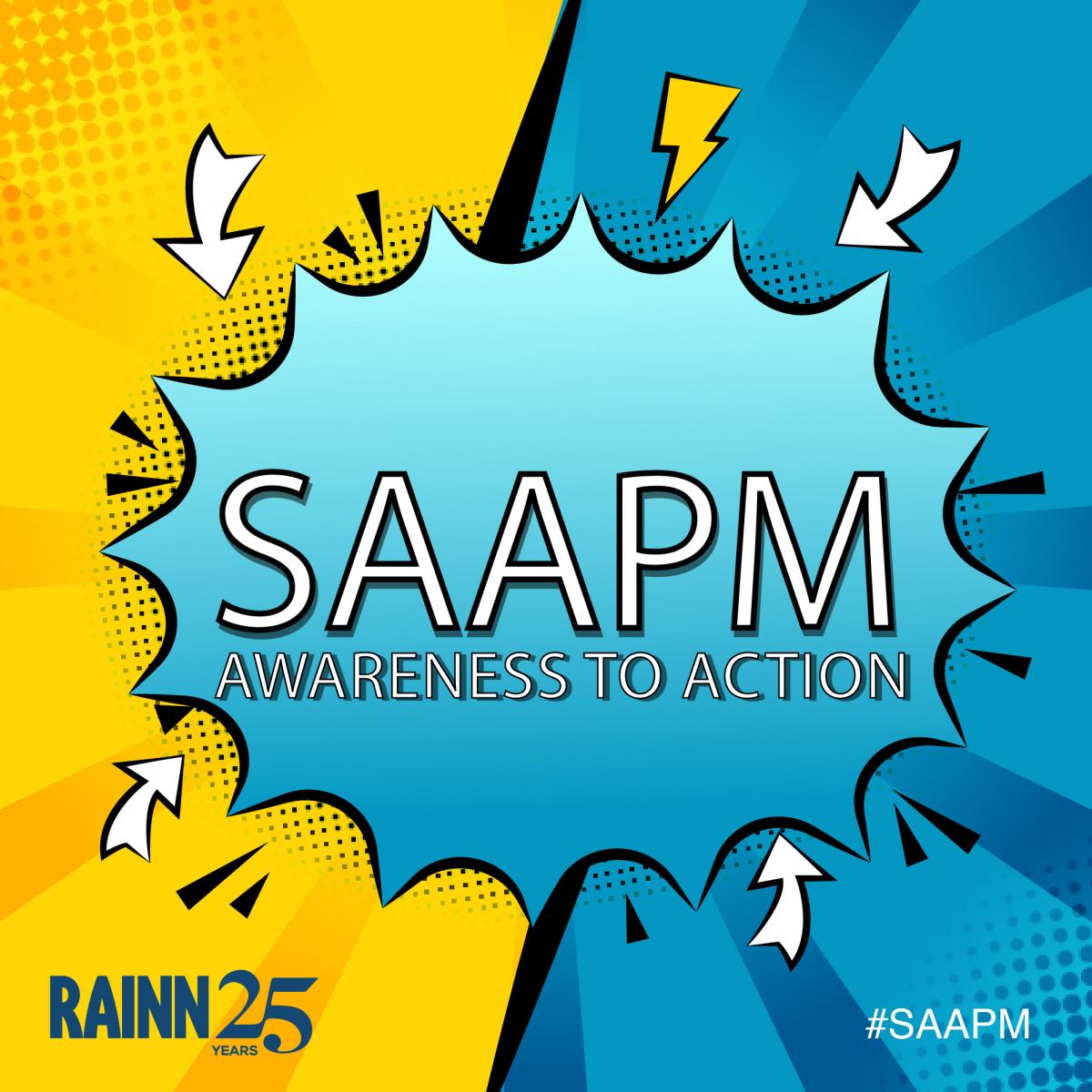Last Updated on May 5, 2021
Mental health is defined by the World Health Organization as “a state of well-being in which the individual realizes their own abilities, can cope with the normal stresses of life, can work productively and fruitfully, and is able to make a contribution to his or her community.” Everyone’s well-being can be tested at times, their abilities to cope challenged, times when being productive can feel impossible. Mental health is equally important to maintain as our physical health, though often goes untreated to a degree than can manifest as a mental illness. Mental illness can range from anxiety to mood disorders like depression, psychotic disorders like schizophrenia, eating disorders, or addictive behaviors.
Studies have shown the economic costs of untreated mood and anxiety disorders among mothers exceeds $14 billion dollars through the first five years of a child’s life alone, and fewer adults experiencing psychological distress are being treated by a mental health professional. When people report foregoing mental health care are surveyed, 13% said they could not afford the cost of care, 12% reported that their insurance would not cover it, 10% indicated that fear or embarrassment kept them from seeking care, and 8% reported that they did not know where to get care.
The United States is facing a growing shortage of mental health professionals trained to work with youth — at a time when depression and anxiety are on the rise. Suicide was the second greatest cause of death for children from age 10-24 in 2017, after accidents. Mood disorders such as depression or bipolar disorder are the third most common cause of hospitalizations in the U.S. across ages 18-44. Serious mental illness costs America $193.2 billion in lost earnings per year.
Mental illness is prevalent in homeless populations, with 25% living with serious mental health conditions and an estimated 46% with any mental illness. An estimated 37% of people in prison have a history of mental health problems, and the number is thought to be higher for those in smaller jail facilities. LGBTQIA people (especially young people) often deal with body dysmorphia, physical or emotional abuse, or feeling unsafe at school or work which can deeply affect their mental health. Adopted children are almost twice as likely as children brought up with their biological parents to suffer from some form of mental illness.
The ongoing COVID-19 pandemic has had a tremendous impact on Americans’ mental health. More than one in four American adults have met the criteria that psychologists use to diagnose serious mental distress and illness, representing a roughly 700% increase from pre-pandemic data collected in 2018. Other than those who regularly live with mental illness, who frequently live lifestyles or have underlying health conditions that leave them at particular risk to the coronavirus, teachers and healthcare workers are facing significant but often overlooked challenges and potential traumas that greatly impact their mental health.
Fourteen months after the first lockdowns in the United States began, Americans worry and anxiety about the coronavirus is not getting better. Young adults (ages 18-29) and Hispanic Americans report being more anxious than they were a year ago. Concern about the safety of family and loved ones has increased since last year, rising from 56% to 64%. In a new poll, 43% of adults said the pandemic has had a serious impact on their mental health, up from 37% in 2020. More than half of adults with children said they are concerned about the mental state of their children and almost half said the pandemic has caused mental health problems for one or more of their children, including minor problems for 29% and major problems for 19%.
NeedyMeds has Diagnosis Information Pages for various mental illnesses including depression, obsessive-compulsive disorder, and schizophrenia. There are even resources for those who have been impacted by COVID-19. We also have information for over 18,000 free, low-cost, or sliding-scale clinics throughout the country that offer counseling or mental health services. Search your ZIP Code for mental health clinics near you, or call our toll-free helpline for information at 1-800-503-6897 (open Monday through Friday, 9am to 5pm ET).
We encourage everyone to educate themselves, strive to understand the difficulties people around us live with, and to replace stigma with hope and support. If you or someone you know is struggling with their mental health, it is important to know that no one has to be alone. Call for assistance, whether help is needed immediately or long-term.
Samaritans 24/7 Crisis Services via call or text: (877) 870-HOPE (4673)
The Trevor Project (LGBTQ+ crisis support): 1-866-488-7386 or Text “Trevor” to 1-202-304-1200
Trans Lifeline: (877) 565-8860
The Steve Fund Crisis Text Line (crisis support for people of color): Text STEVE to 741741





